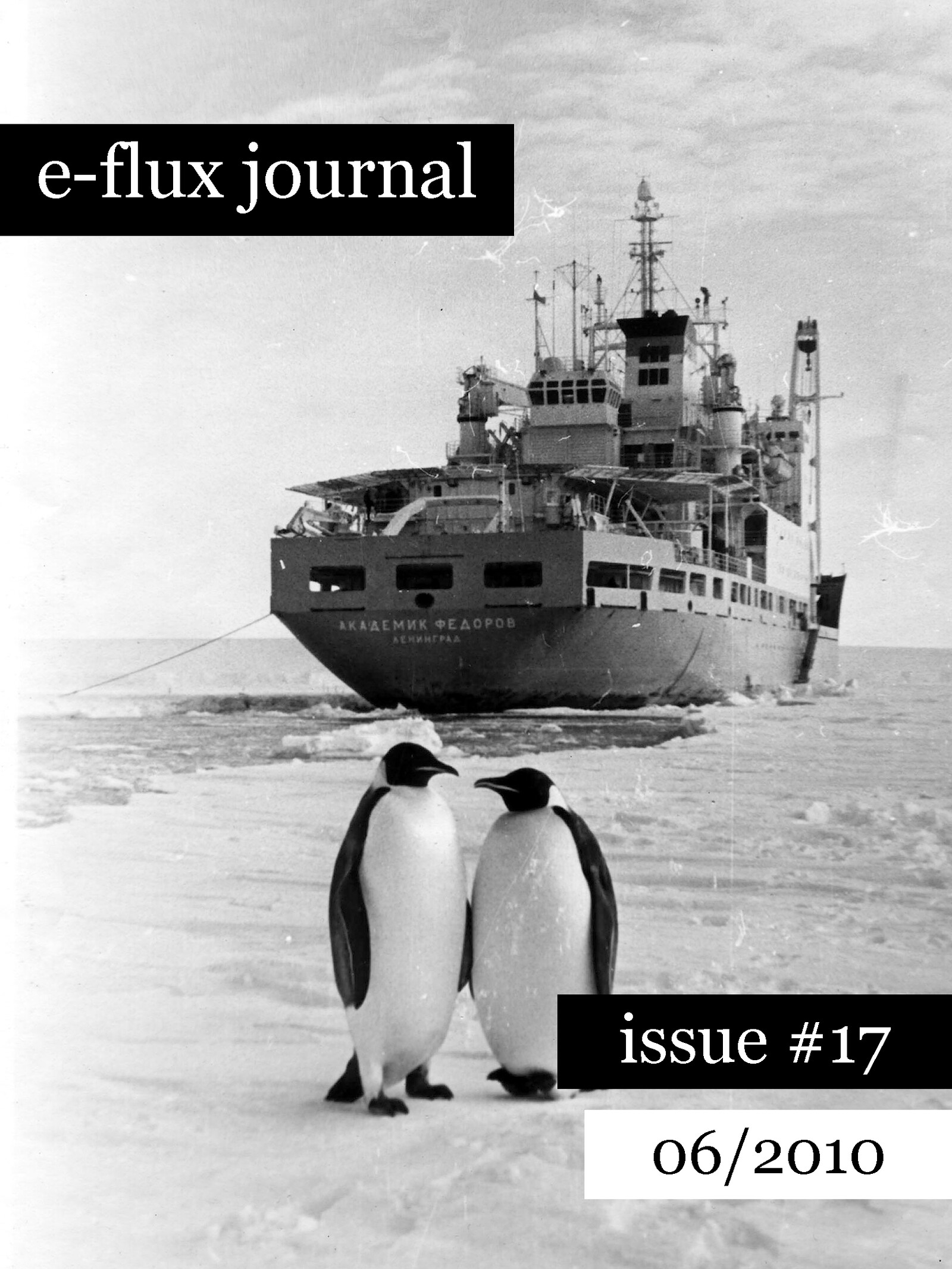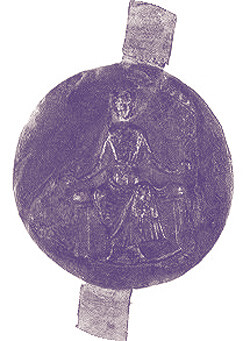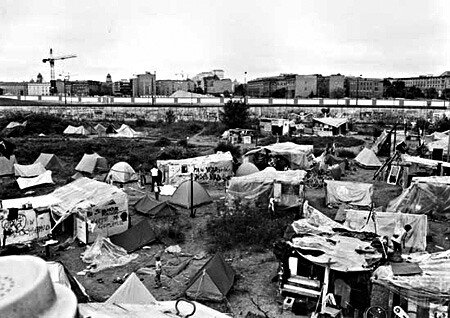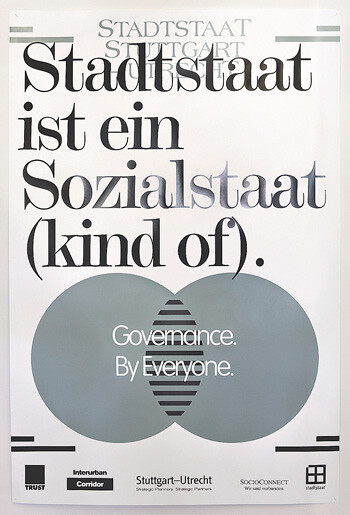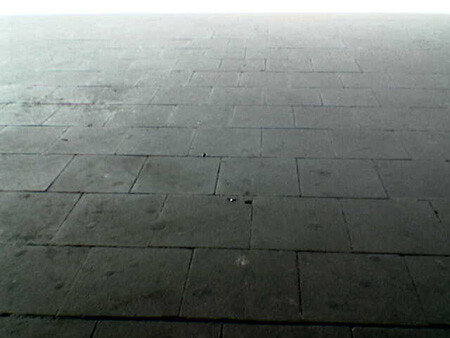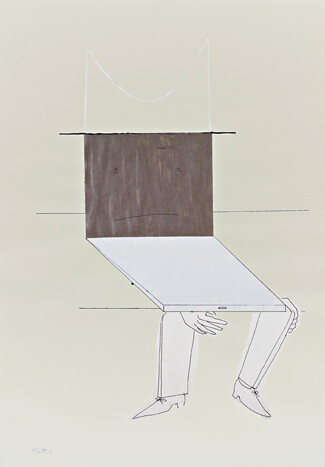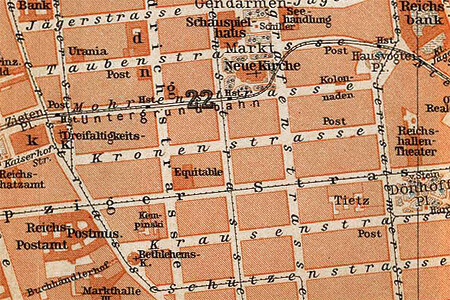An Architektur: The term “commons” occurs in a variety of historical contexts. First of all, the term came up in relation to land enclosures during pre- or early capitalism in England; second, in relation to the Italian autonomia movement of the 1960s; and third, today, in the context of file-sharing networks, but also increasingly in the alter-globalization movement. Could you tell us more about your interest in the commons?
Massimo De Angelis: My interest in the commons is…
Issue #17
“In Search of the Postcapitalist Self”
June 2010
With:
Marion von Osten, An Architektur, Tom Holert, Natascha Sadr Haghighian, Jesko Fezer, Florian Zeyfang, Manuela Bojadžijev, Serhat Karakayalı, Isabell Lorey, Judith Hopf, Fahim Amir, Eva Egermann, Marion von Osten, Peter Spillman, Sebastian Lütgert, and Antke Engel
A number of alternate, informal approaches to art and economy that arose in the Berlin of the 90s created a great deal of space and potential for rethinking relations between people, as well as possible roles for art in society. Today, however, much of this hope has since been obscured by the commercial activity and dysfunctional official art institutions most visible in the city’s art scene, and though many of the ways of living and working that were formulated in the 90s are still in…
View List
View Grid
12 Essays
June 2010
1. Ritualistic Negativity
One of the most intriguing tasks of the theme and thesis of this issue of e-flux journal is the imagining and reframing of cultural and aesthetic practice in decidedly post-capitalist terms—that is, as embedded in and engendered by processes of globally networked solidarity, diversity, cooperation, interdependence, and so forth. I would like to begin by supplementing the notion of practice with the notion of design, which may provide the discussion…
Right now I feel that I’ve got my feet on the ground as far as my head is concerned.
—Baseball pitcher Bo Belinsky
1. The great cities in our day are full of people who do not like it there 1 [Enter a Letter]
My roommates and I received a letter in the mail the other day. It was addressed to “The owners of: [address of our building].” I opened it and it said:
Real estate urgently needed!
Dear Owner,
Are you considering selling…
Our cities have become key arenas in a primarily market-driven globalization process, a process that primarily unfolds in circumstances and at the mercy of protagonists with little or nothing to do with planning and design. The sweeping decisions of multinational companies, individual consumer preferences, ecological disasters, international politics, cultural differences, and other phenomena associated with globalization render very unrealistic the idea that collective action or even design…
A Mexico-based computer programmer coined the phrase “poor man’s expression” to illustrate a relatively simple means of developing a programming process. This reminds us of the claim made in theoretical physics that, in place of complicated test arrangements, all you need is a pencil. For Martin Ebner and me, “poor man’s expression” became just such a “pencil,” with which we designed an exhibition in May 2006 around our general ideas regarding technology, film, and conceptual art. Now, I…
This text is a reflection on our 2007 contribution to the TRANSIT MIGRATION research project, “The Autonomy of Migration: Ten Theses Towards a Methodology.” 1 Within the project, we analyzed the movements of migration and the migration policies deployed against them at the edges of the EU, in order to decipher the contours of a new regime of emerging migration politics. We were interested in investigating, from the perspective of social theory, what was symptomatic in movements of…
Political-Cultural Queerings
The discourse on precarization that has emerged in the past decade, primarily in Europe, rests on an extremely complex understanding of social insecurity and its productivity. The various strands of this discourse have been brought together again and again in the context of the European precarious movement organized under EuroMayDay. 1 This transnational movement, in existence since the early 2000s, thematizes precarious working and living conditions as the…
In search of the post-capitalist self, I would like to contribute a short text I wrote and presented as a performance for the “Kopie Theater,” an event curated by Ian White as part of the 60th Berlin International Film Festival. It is an attempt to inform our understanding of “declarations of independence,” necessary in light of the possible new relationships to be had with the intelligent apparatuses and image-making machines we are invited to use for “free” to communicate. I refer to…
What follows is a multigenerational conversation between the philosopher Fahim Amir, the artist Eva Egermann, and the artists and curators Peter Spillmann and Marion von Osten, about the varieties of antagonism currently shaping the production of knowledge.
Scarcity and Integration
Marion von Osten: I would like to begin our conversation with a hypothesis: the production of knowledge has entered a phase defined by certain tensions, leading to a variety of conflicts we…
I. Auguststraße
When I was asked to write about “Berlin in the nineties,” the quest for the “postcapitalist self,” and the idea of “queering the economy,” my gut idea was to contribute a text titled “How We Fucked It All Up.” But I soon realized that in this particular context, the term “we” was rather problematic, and might have further confused a discussion that seemed to me quite conceptually precarious already. This context is not just the highly heterogeneous mesh of…
With The End of Capitalism (As We Knew It) (1996), J. K. Gibson-Graham won the hearts of many socialist, post-socialist, and queer-feminist readers. 1 The book’s main argument is that new possibilities for economic transformation will arise once we no longer understand capitalism as a monolithic entity or as covering the whole range of existing economic practices. The argument is taken up again in the more recent book A Postcapitalist Politics : “As we begin to conceptualize contingent…
